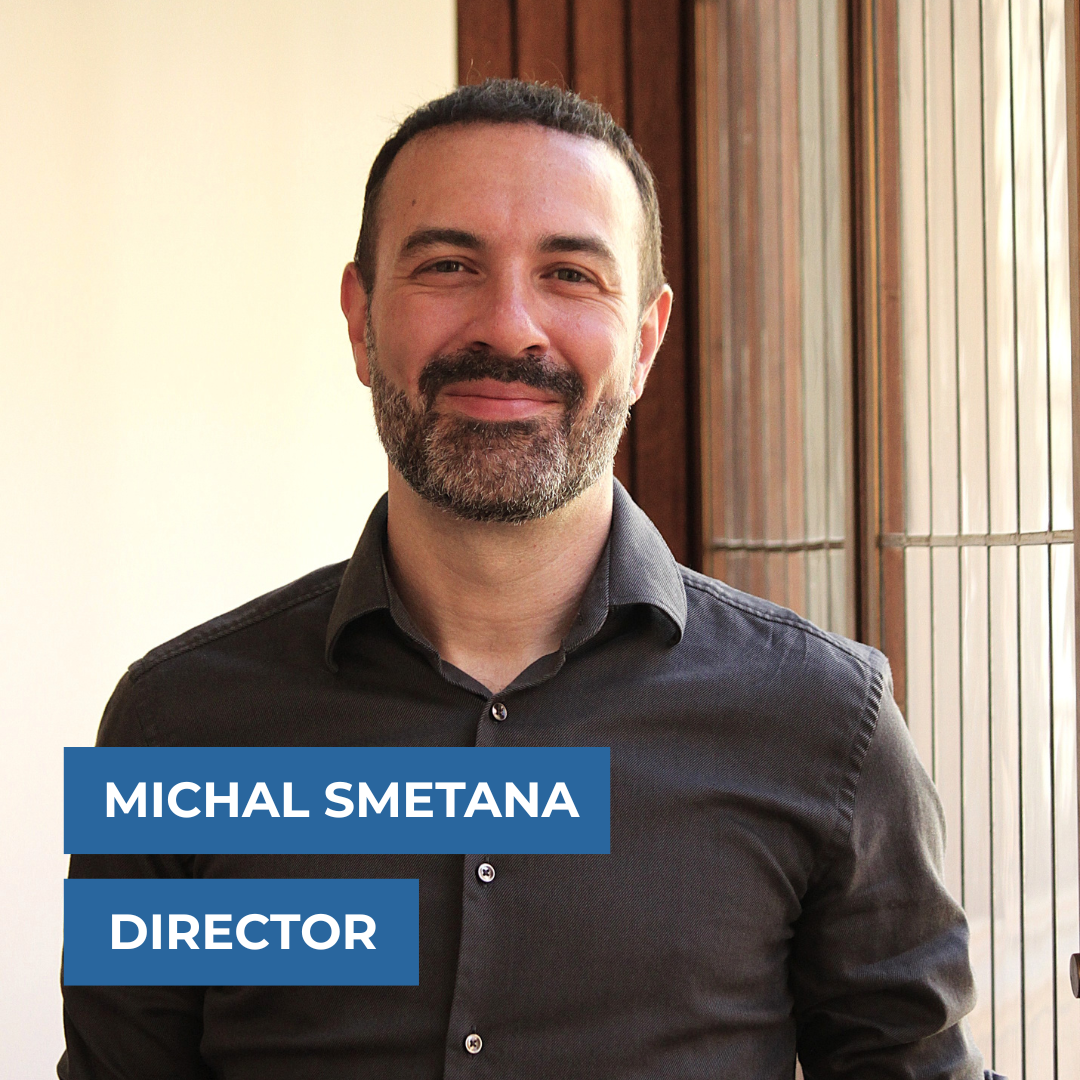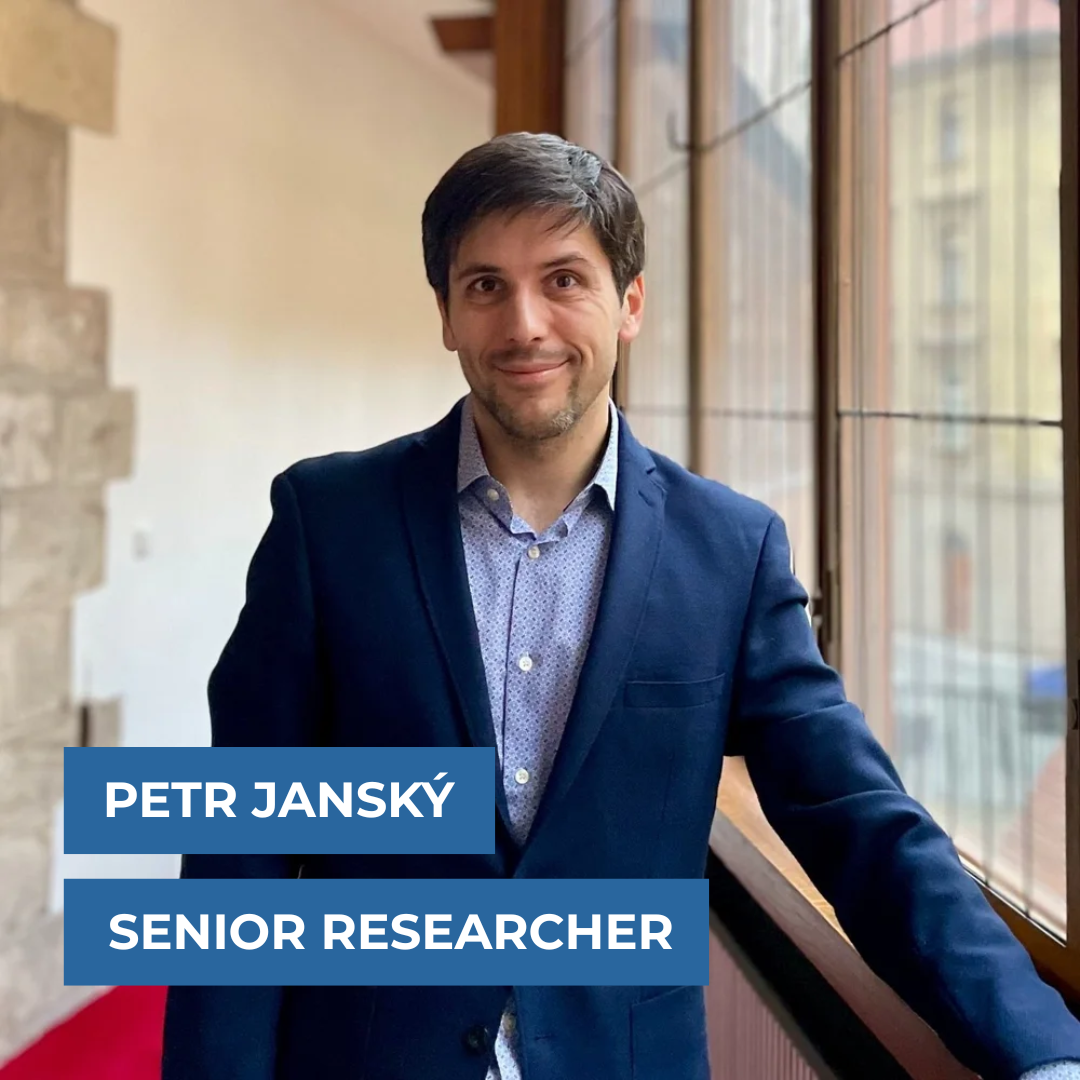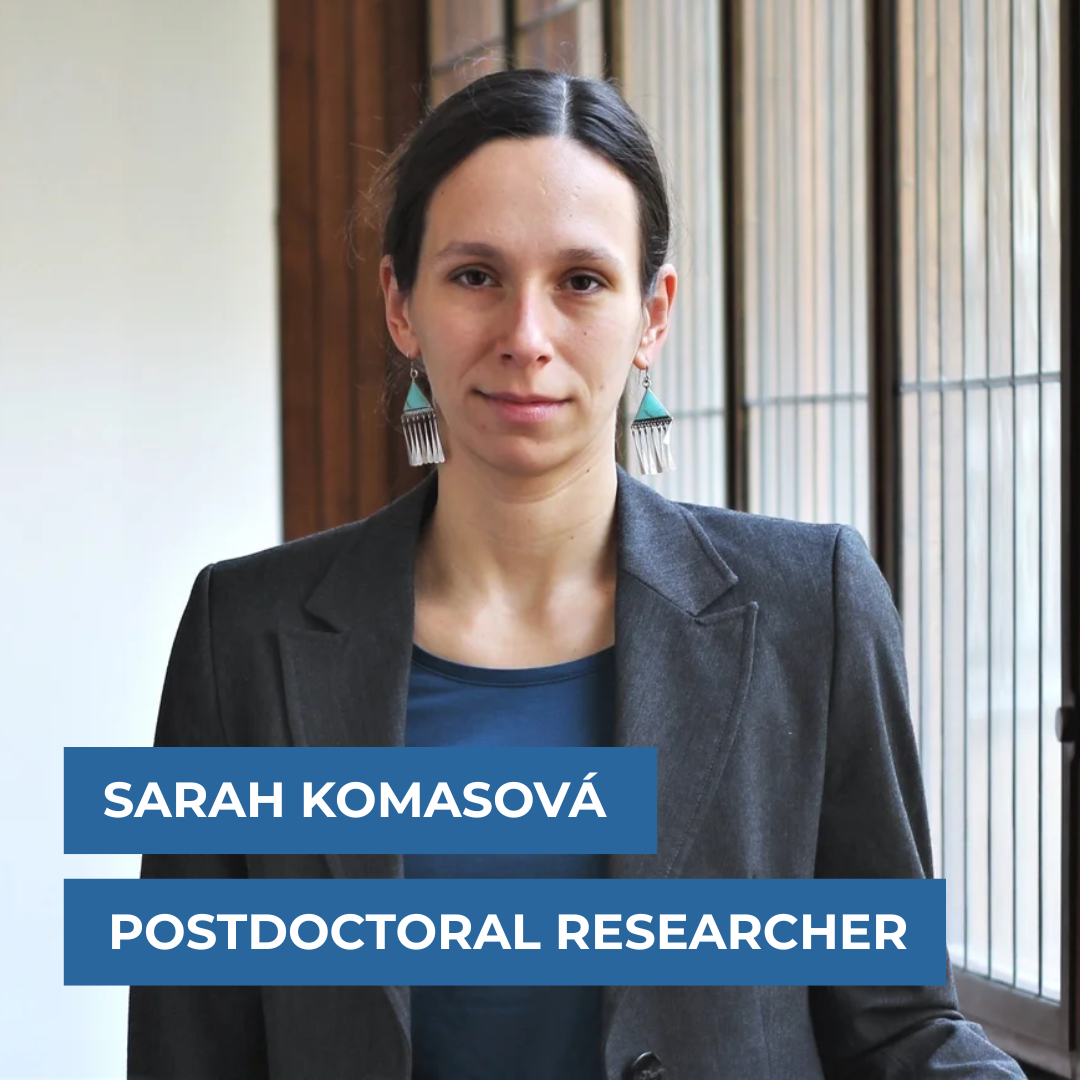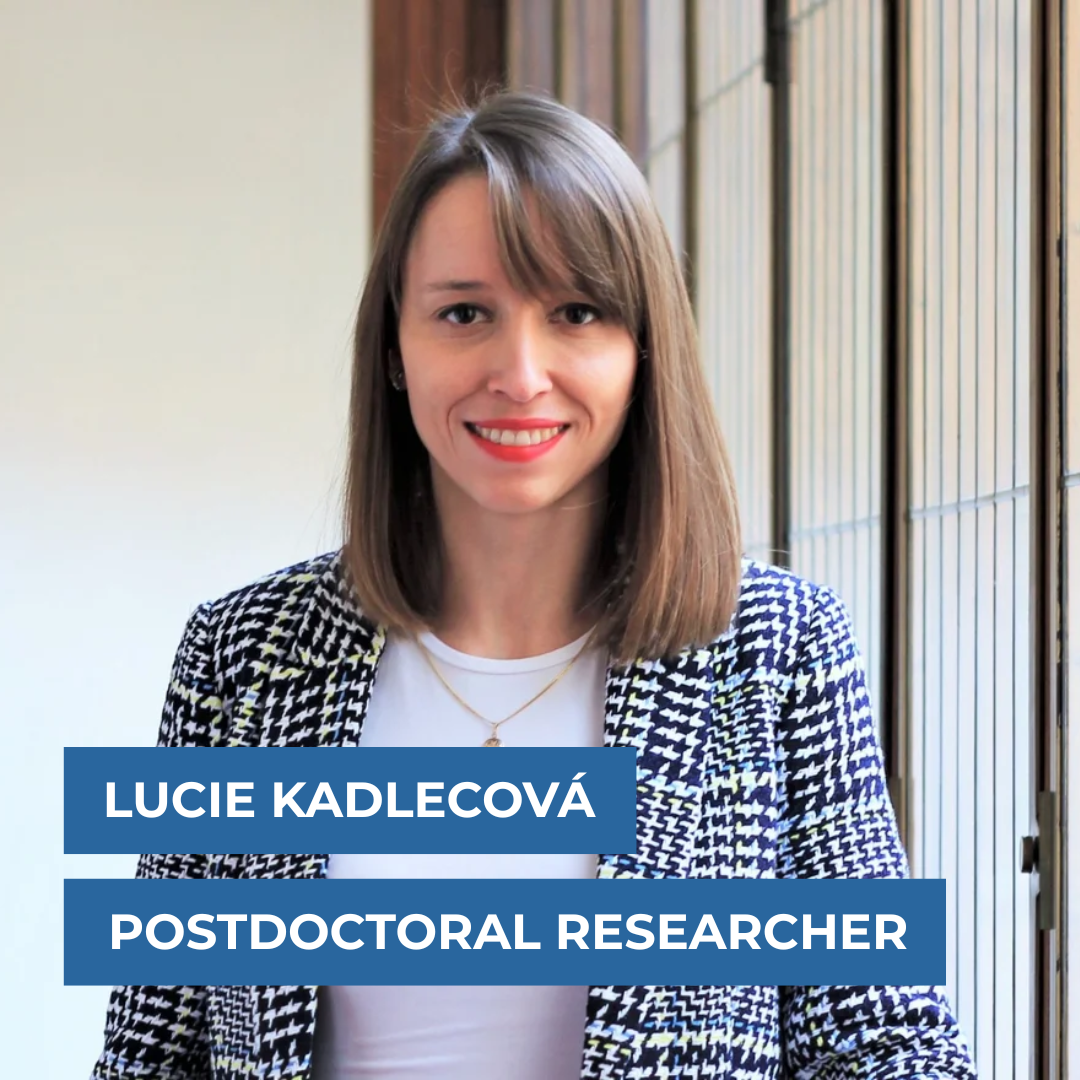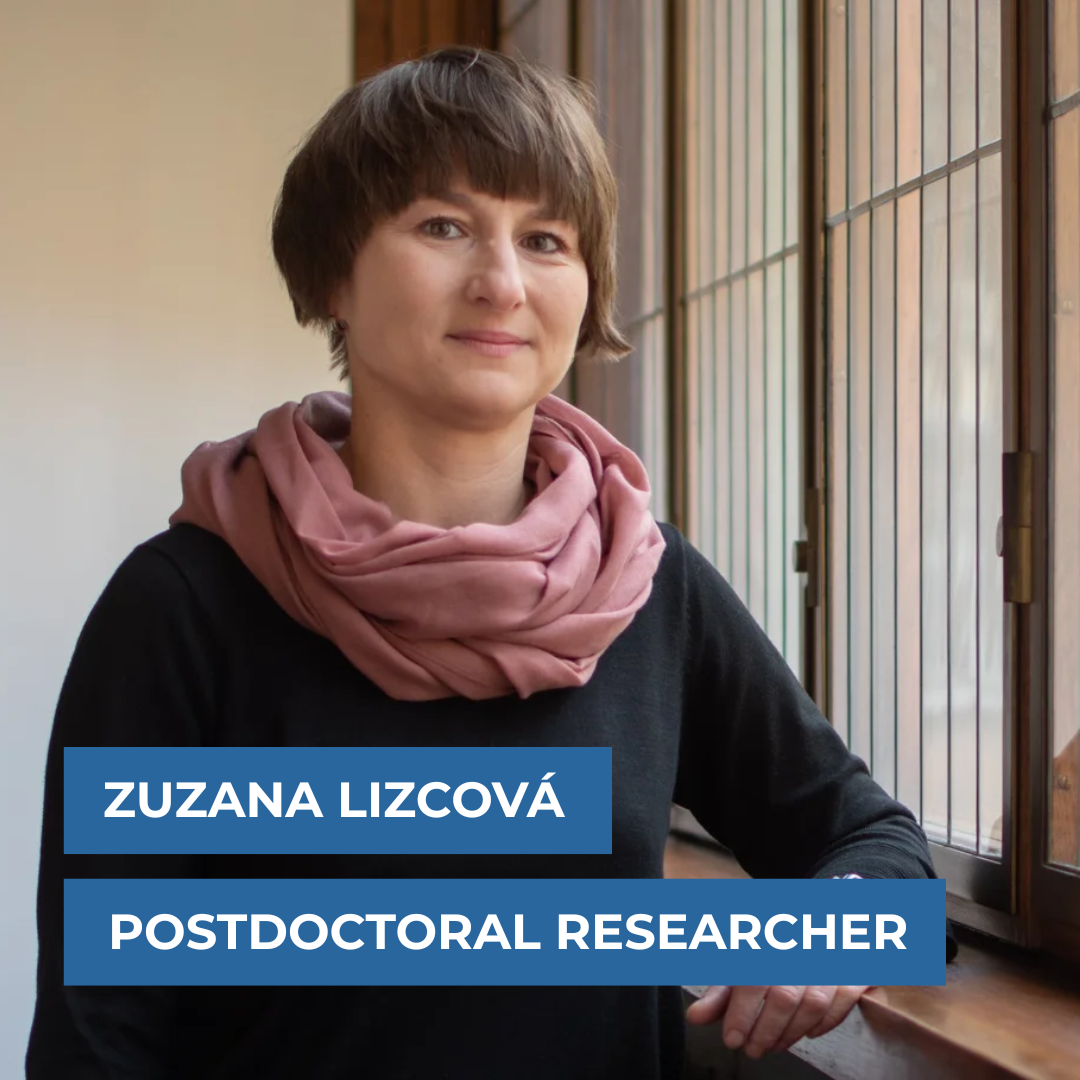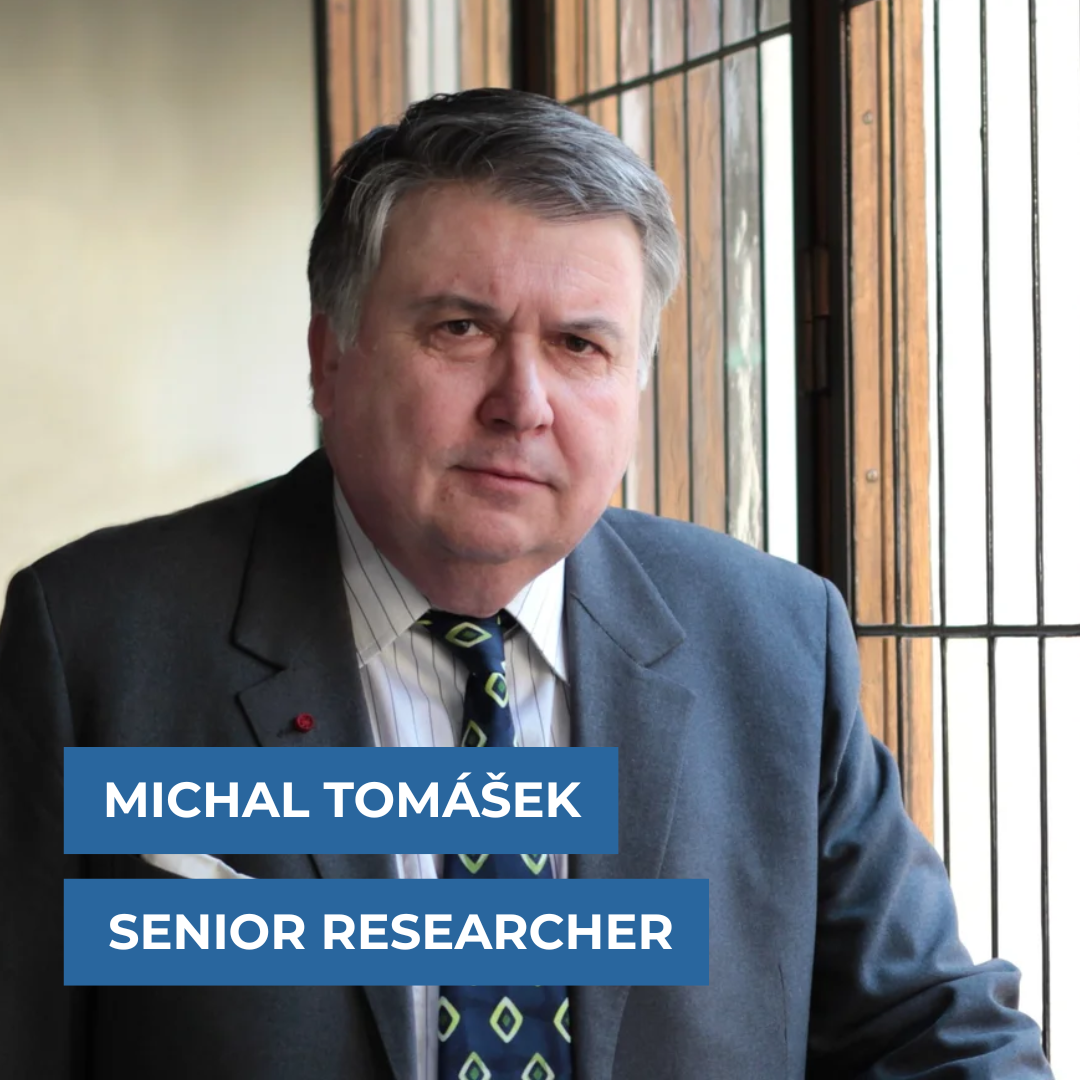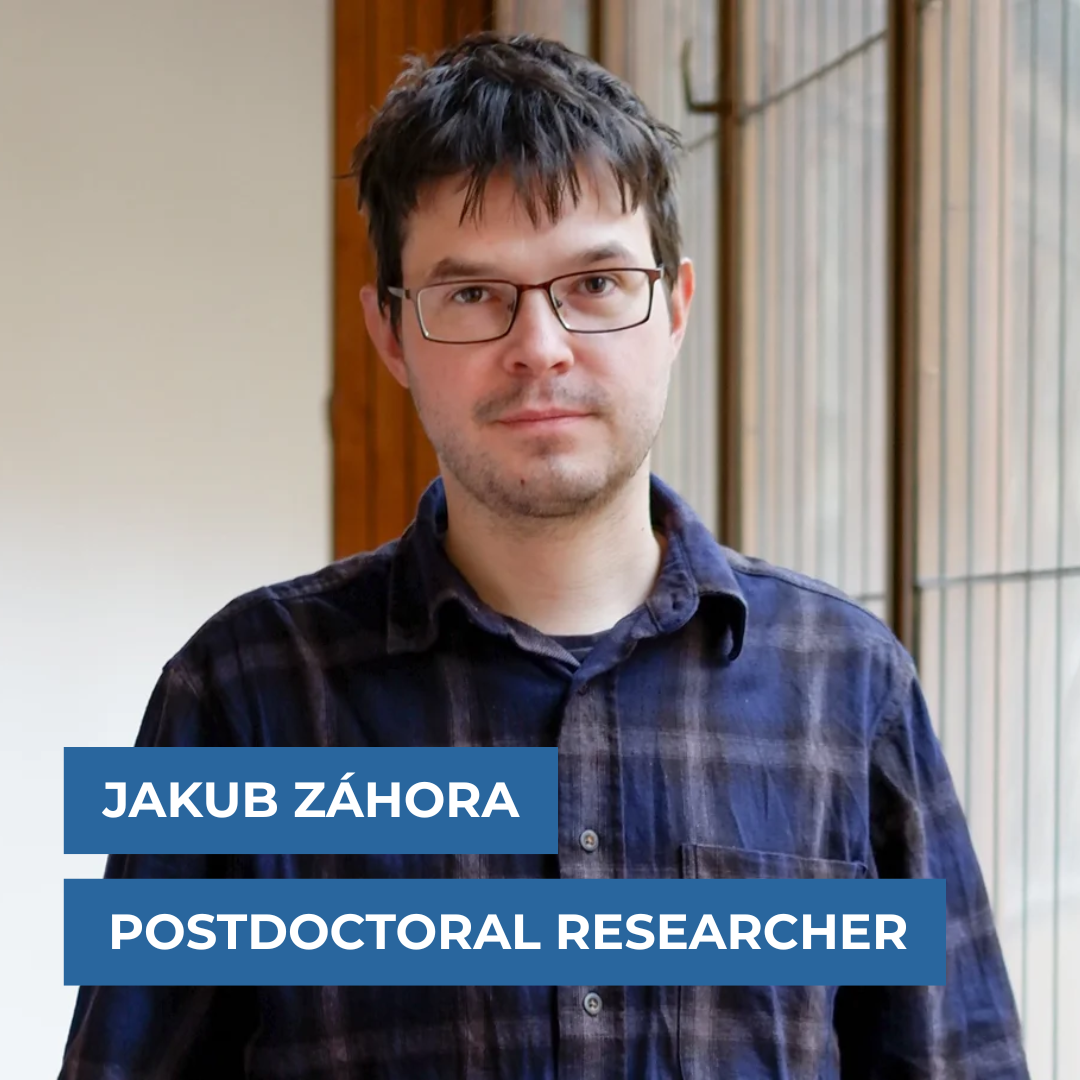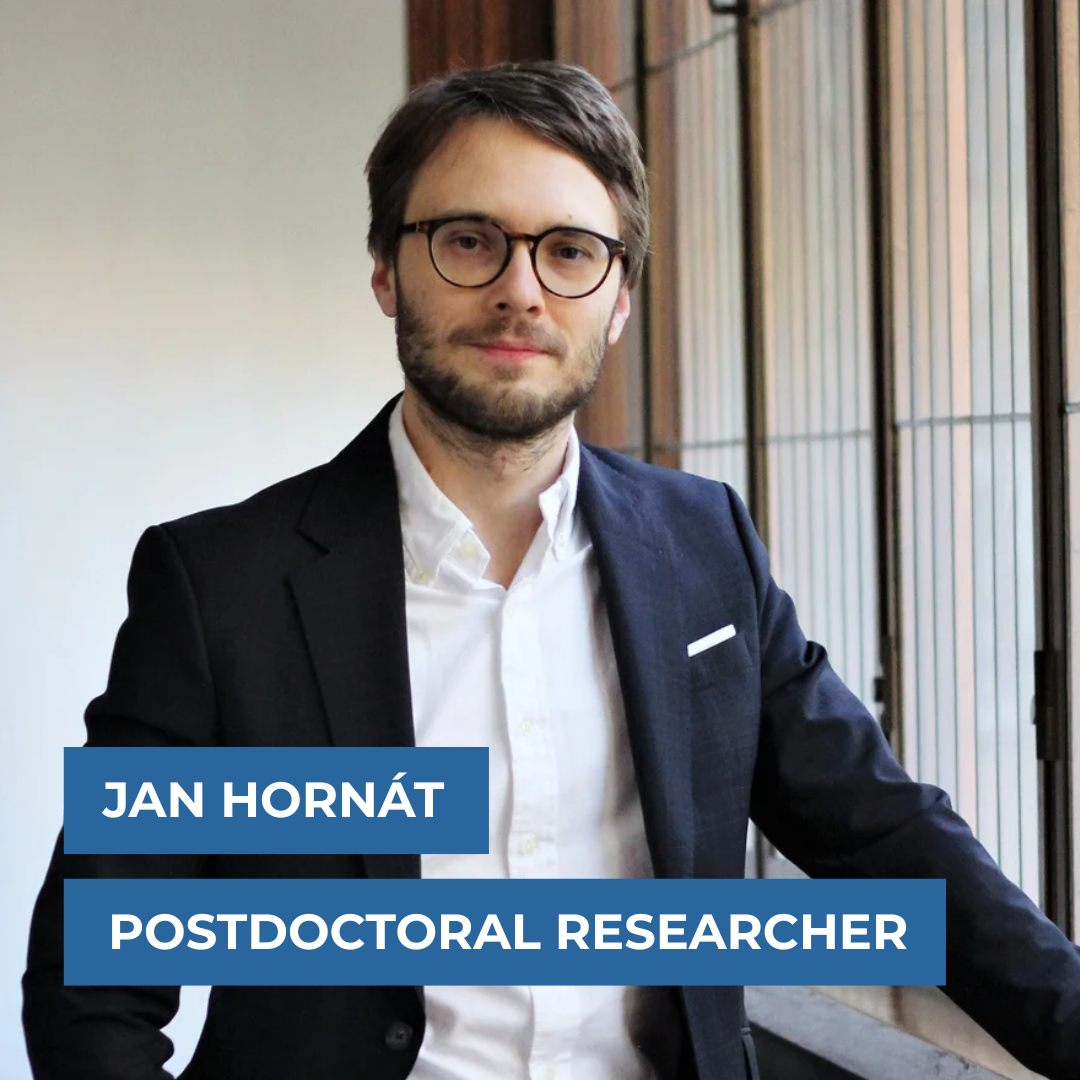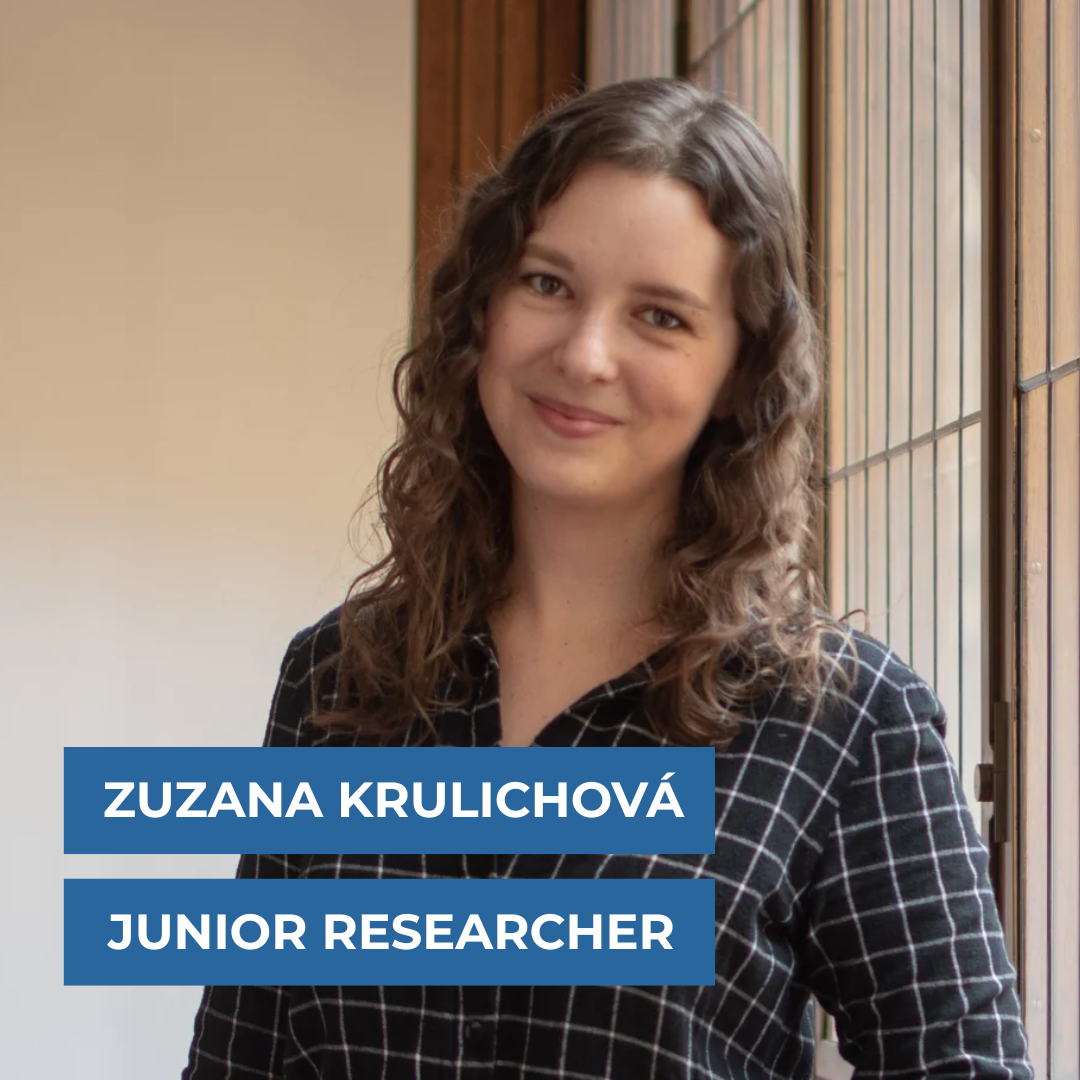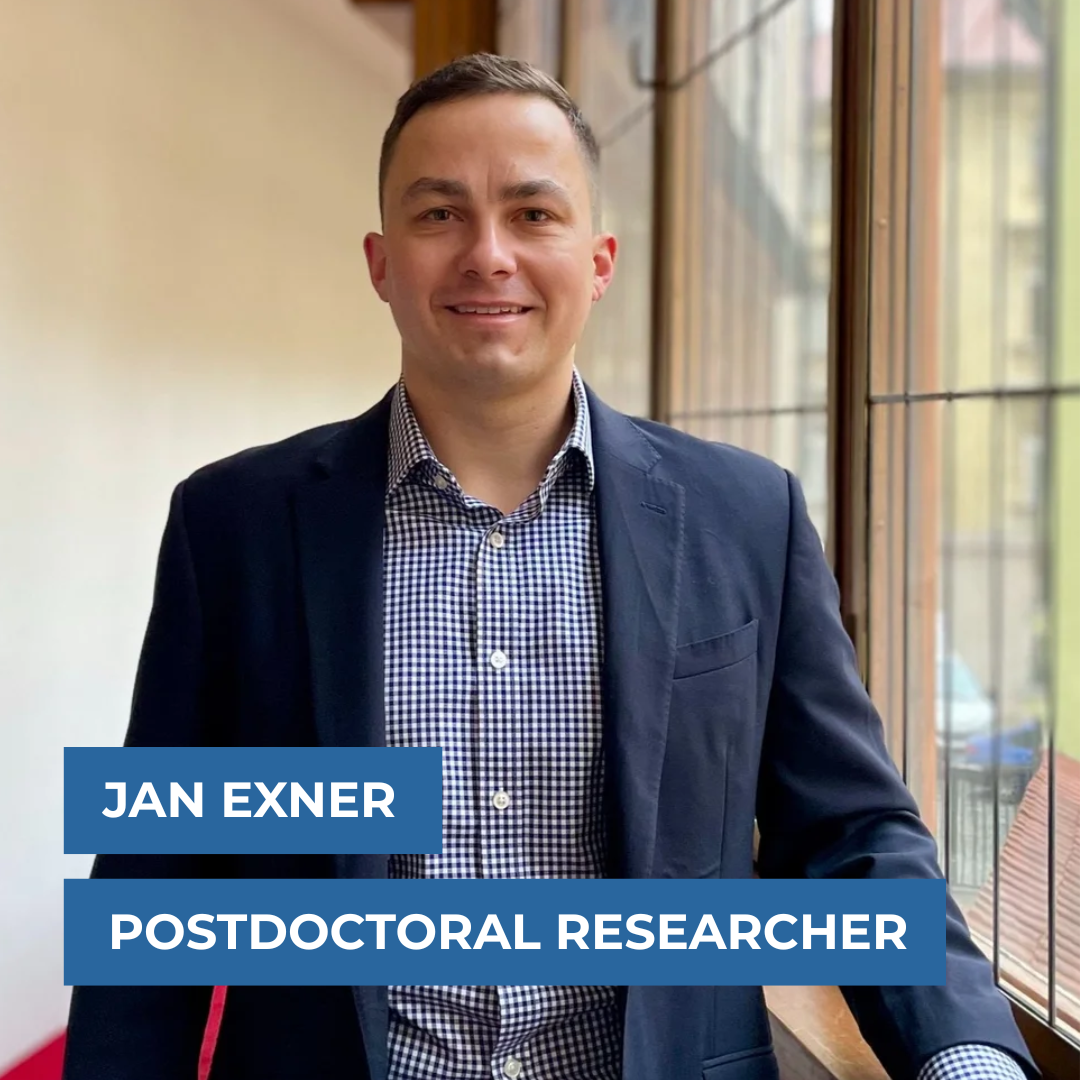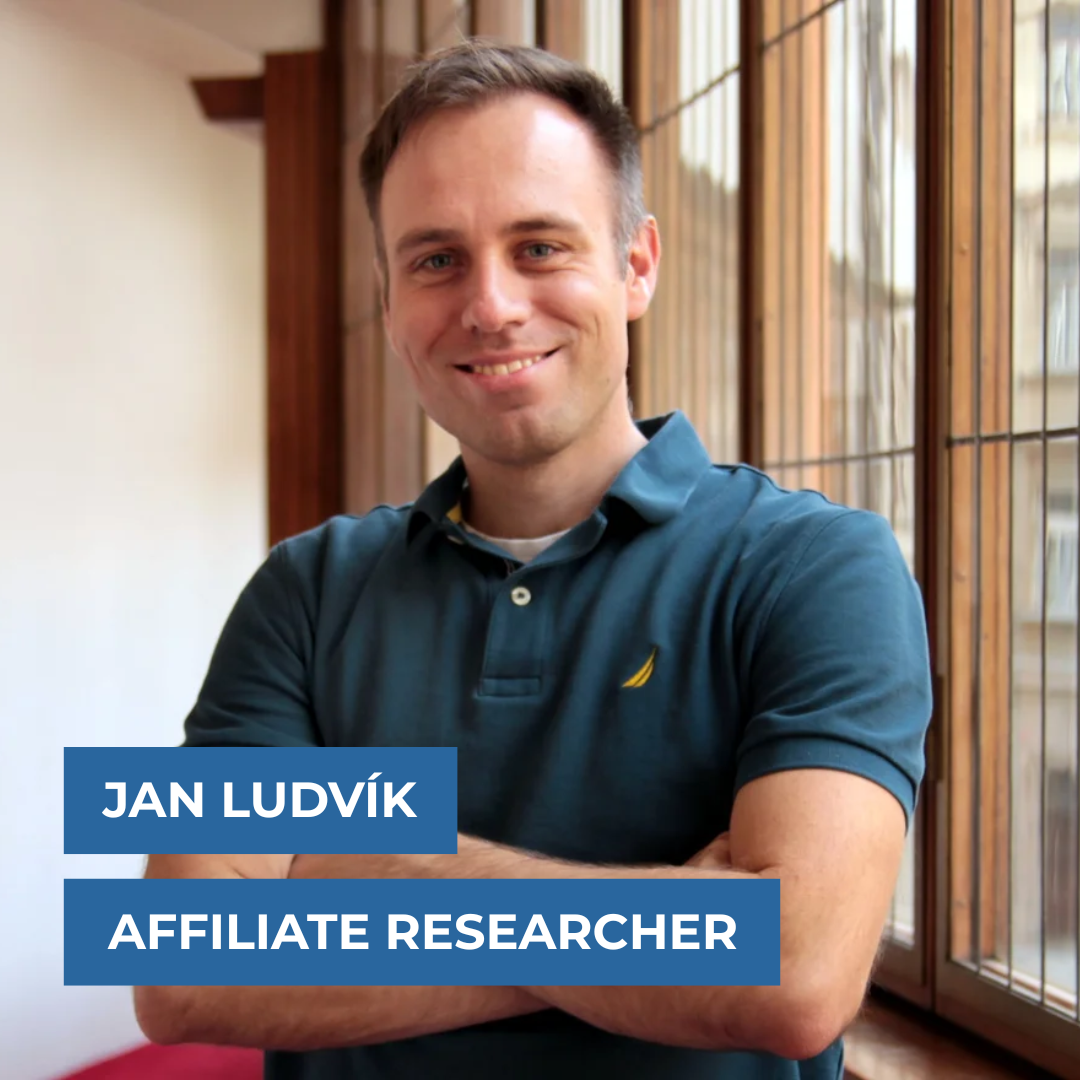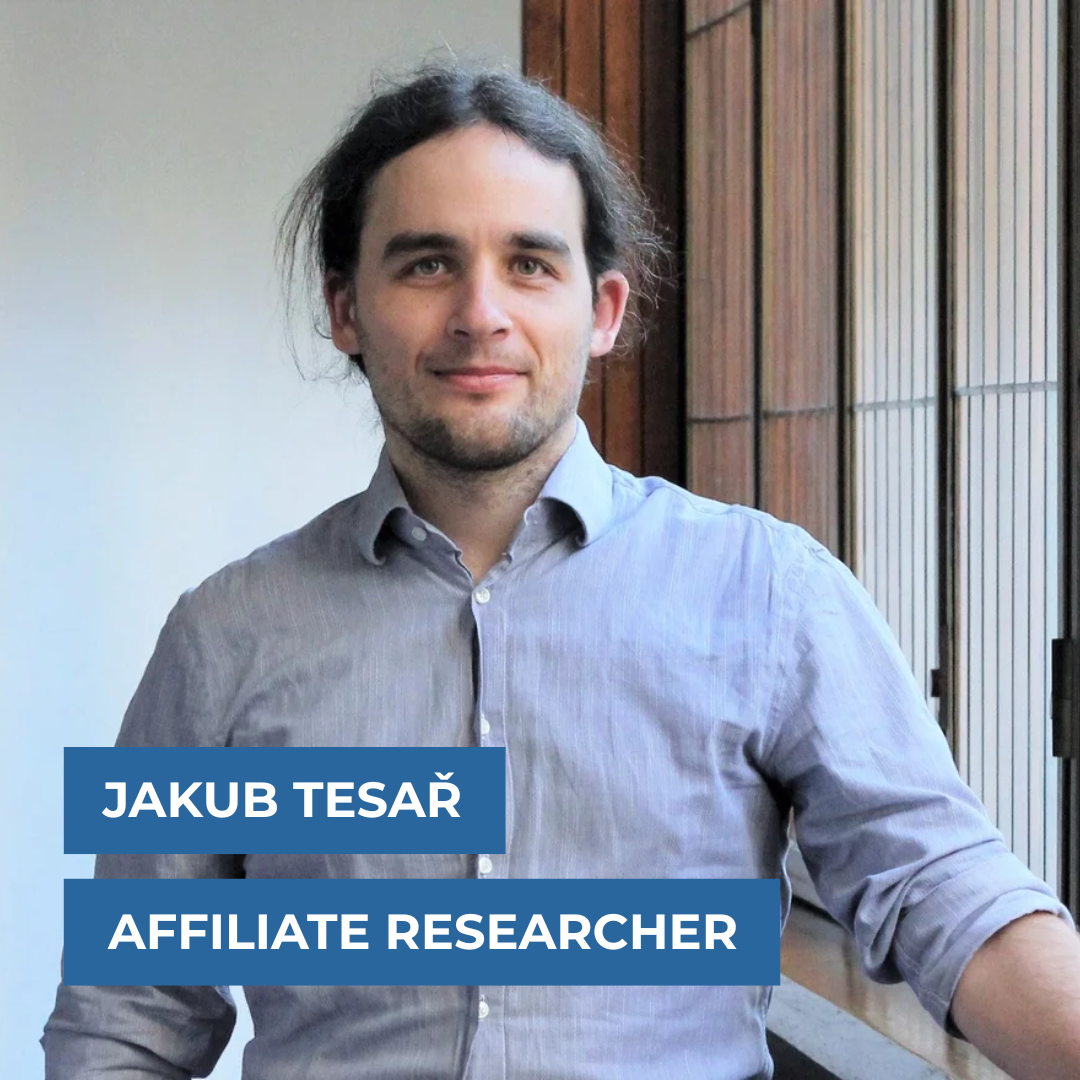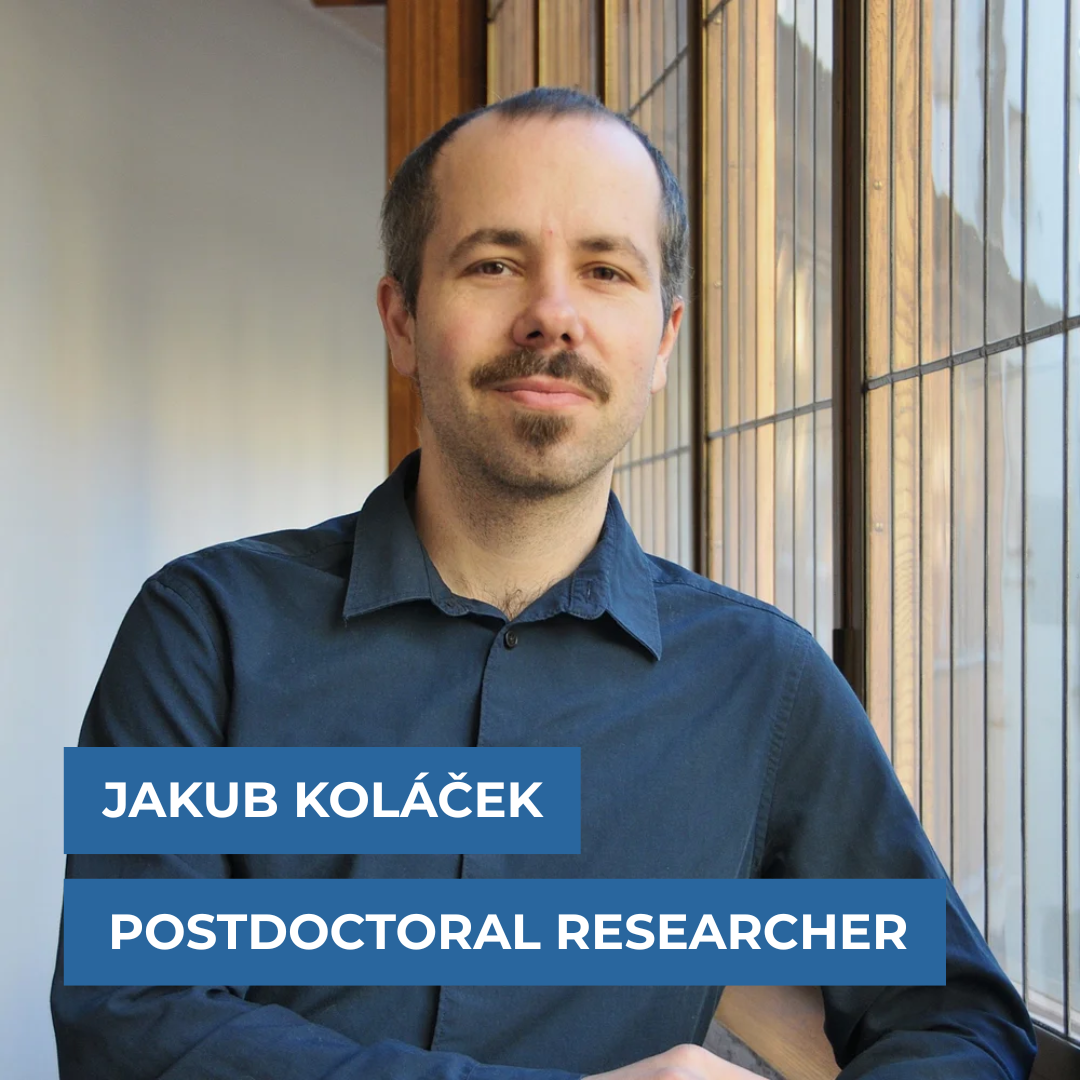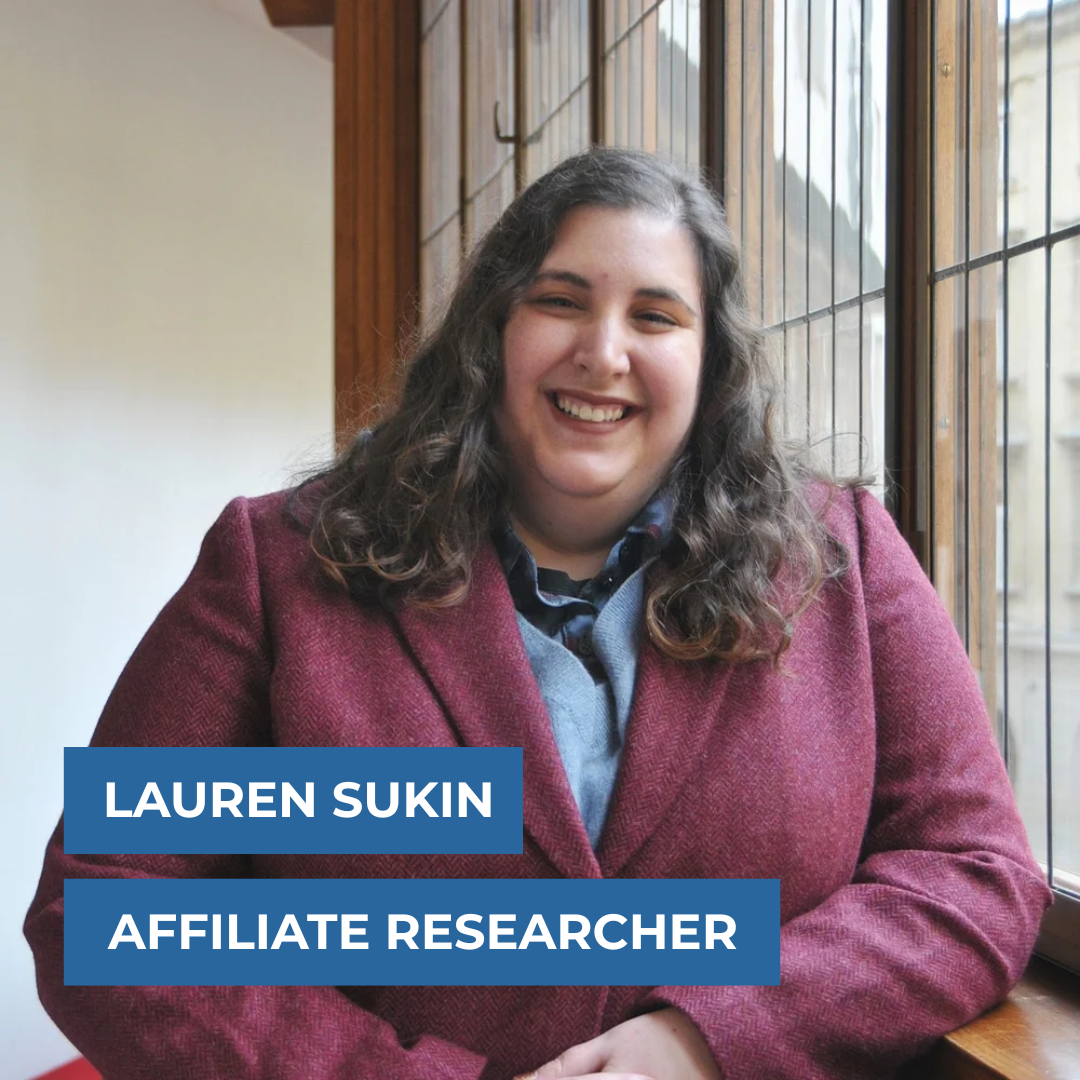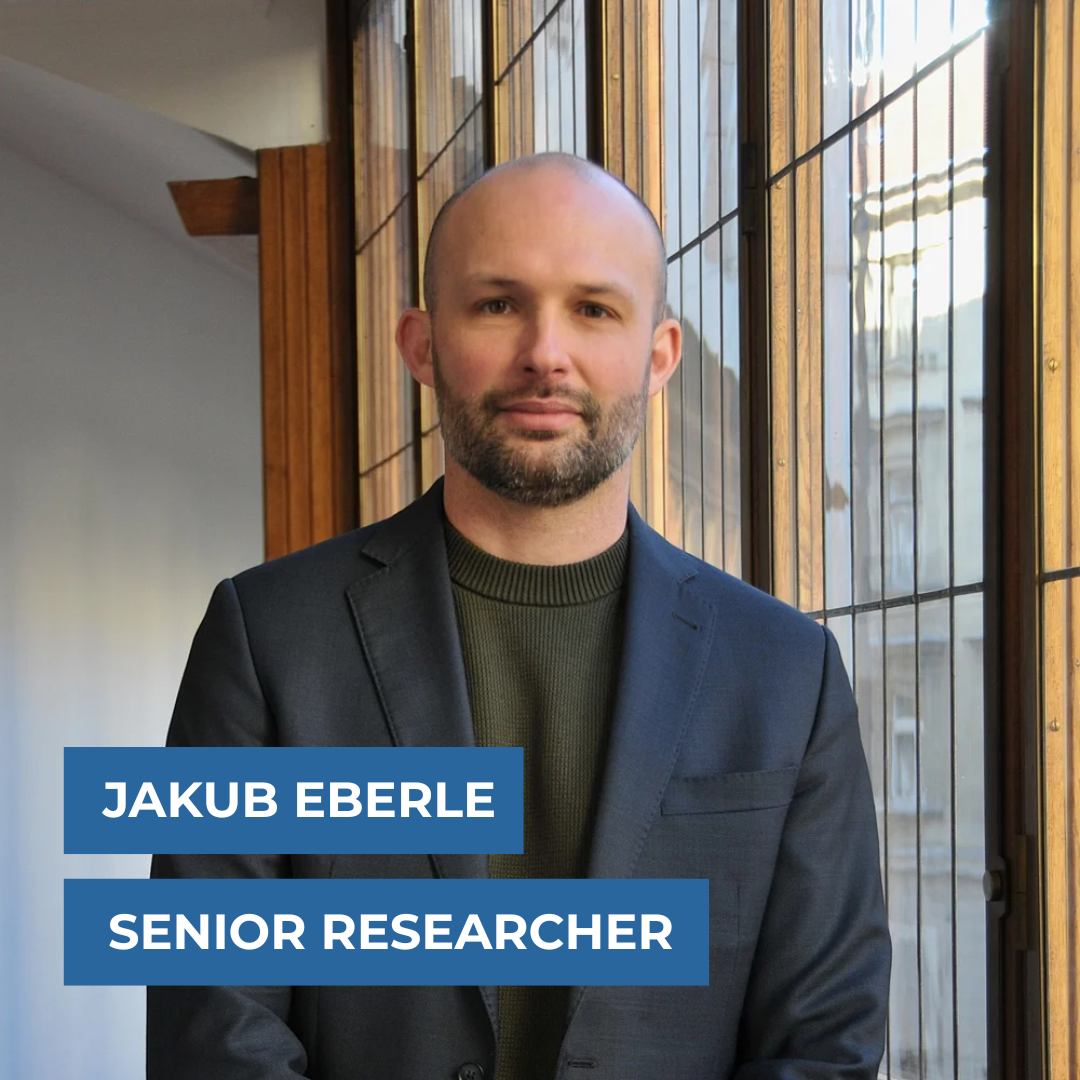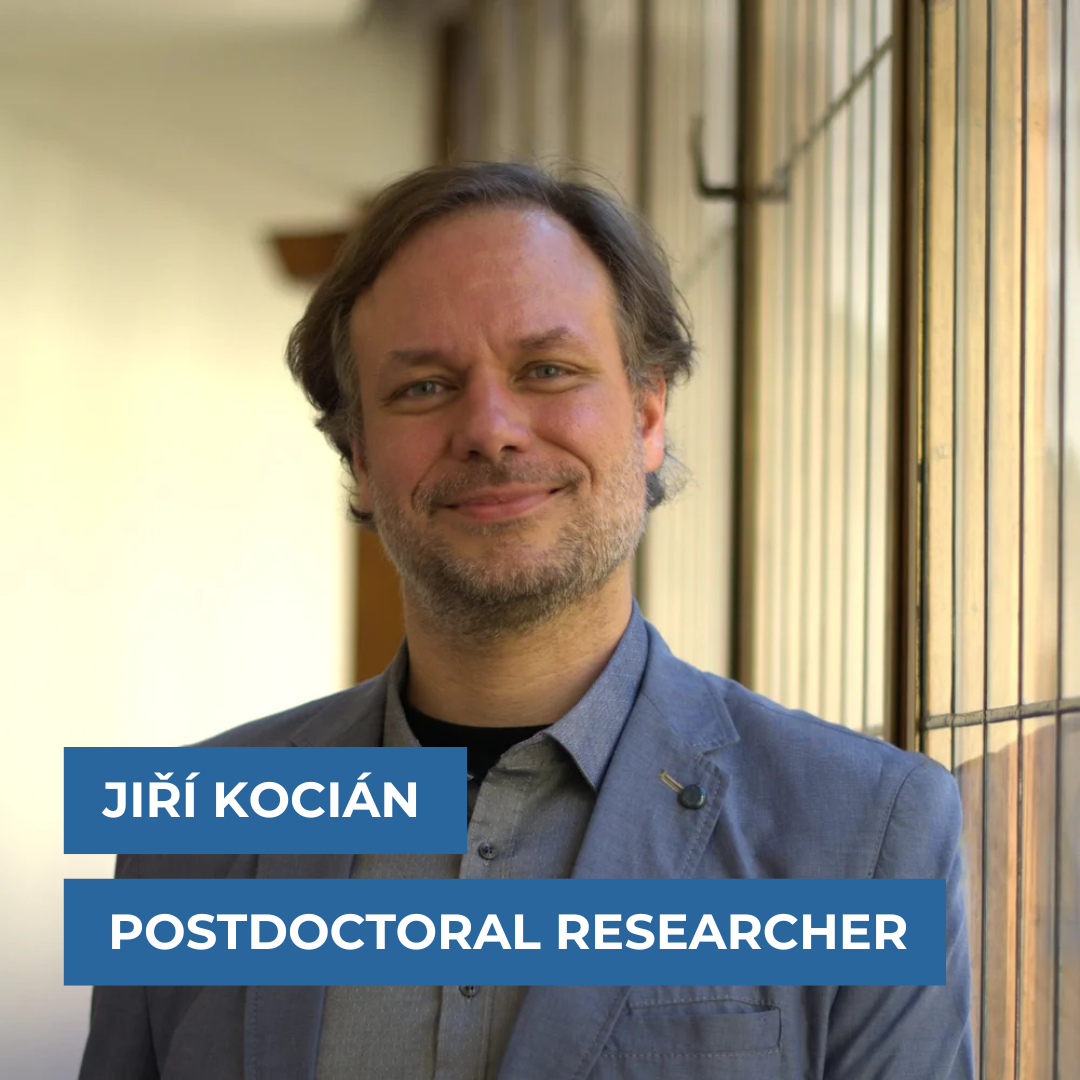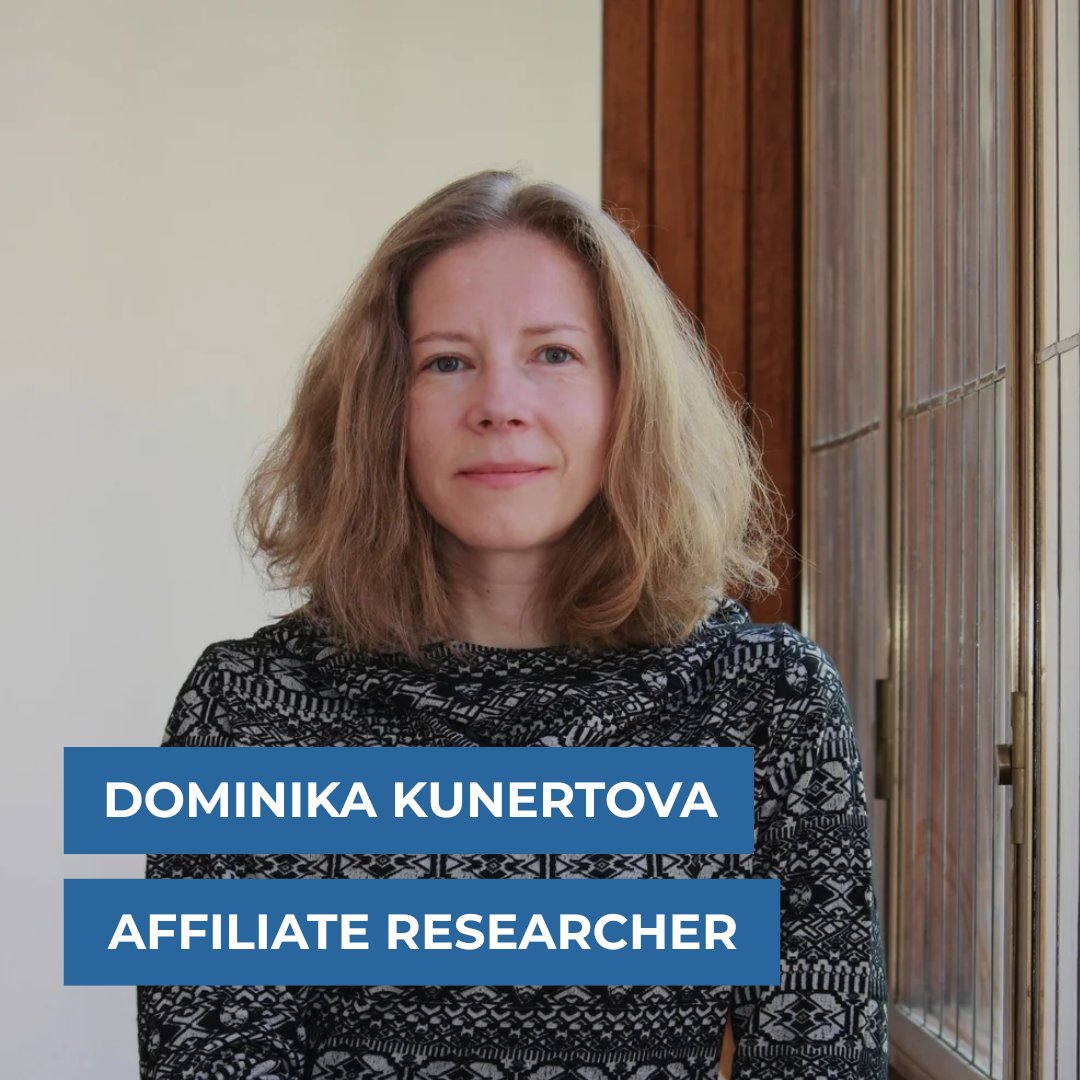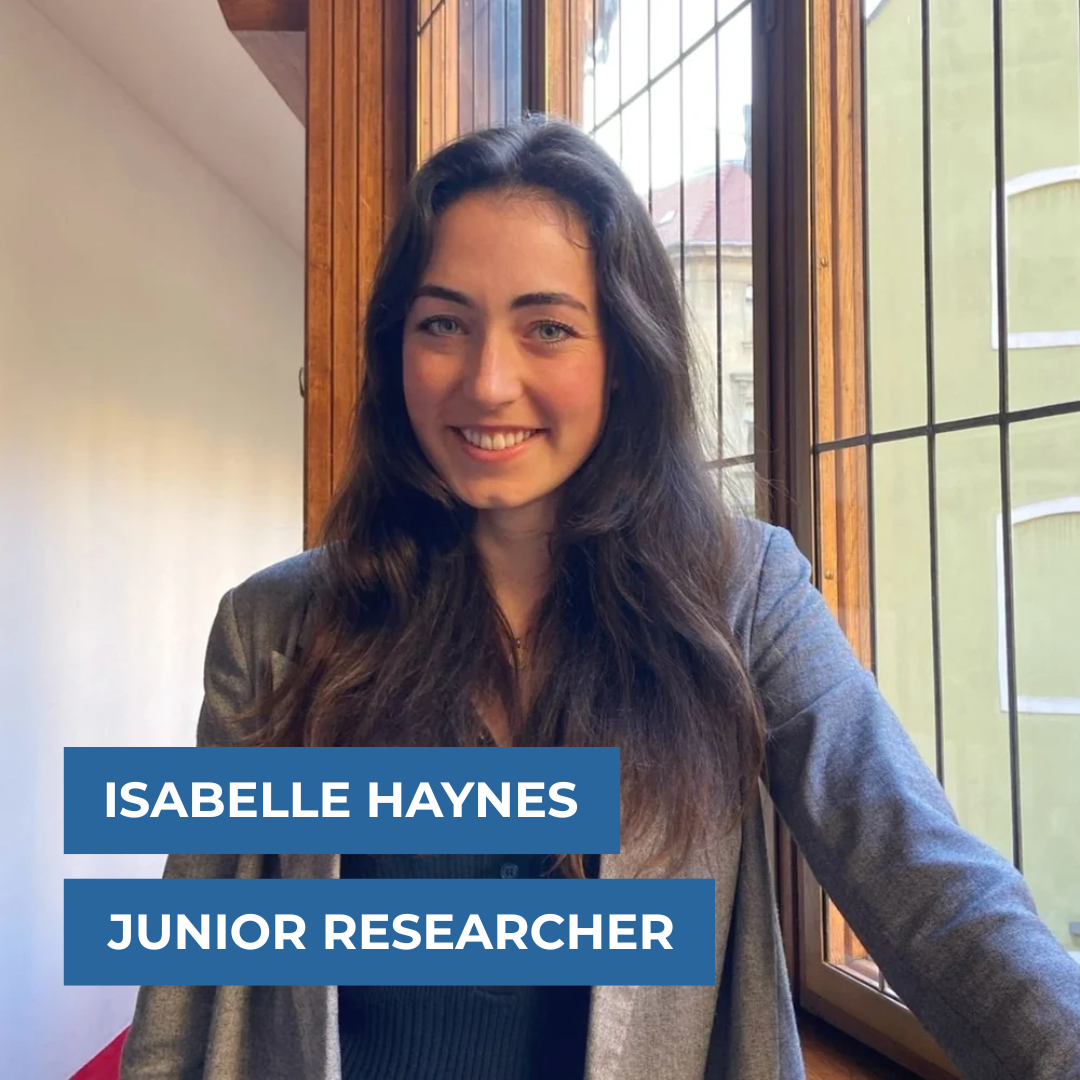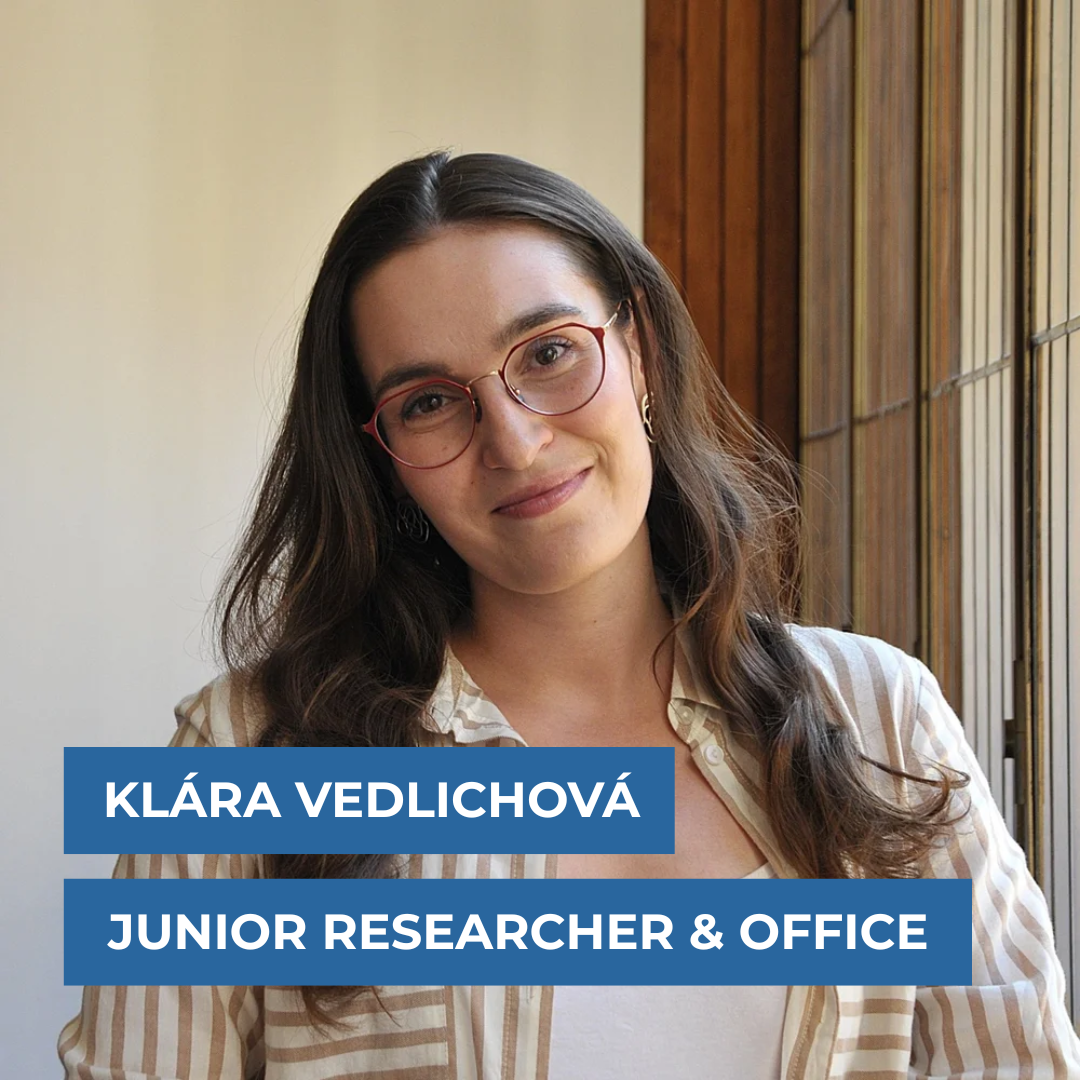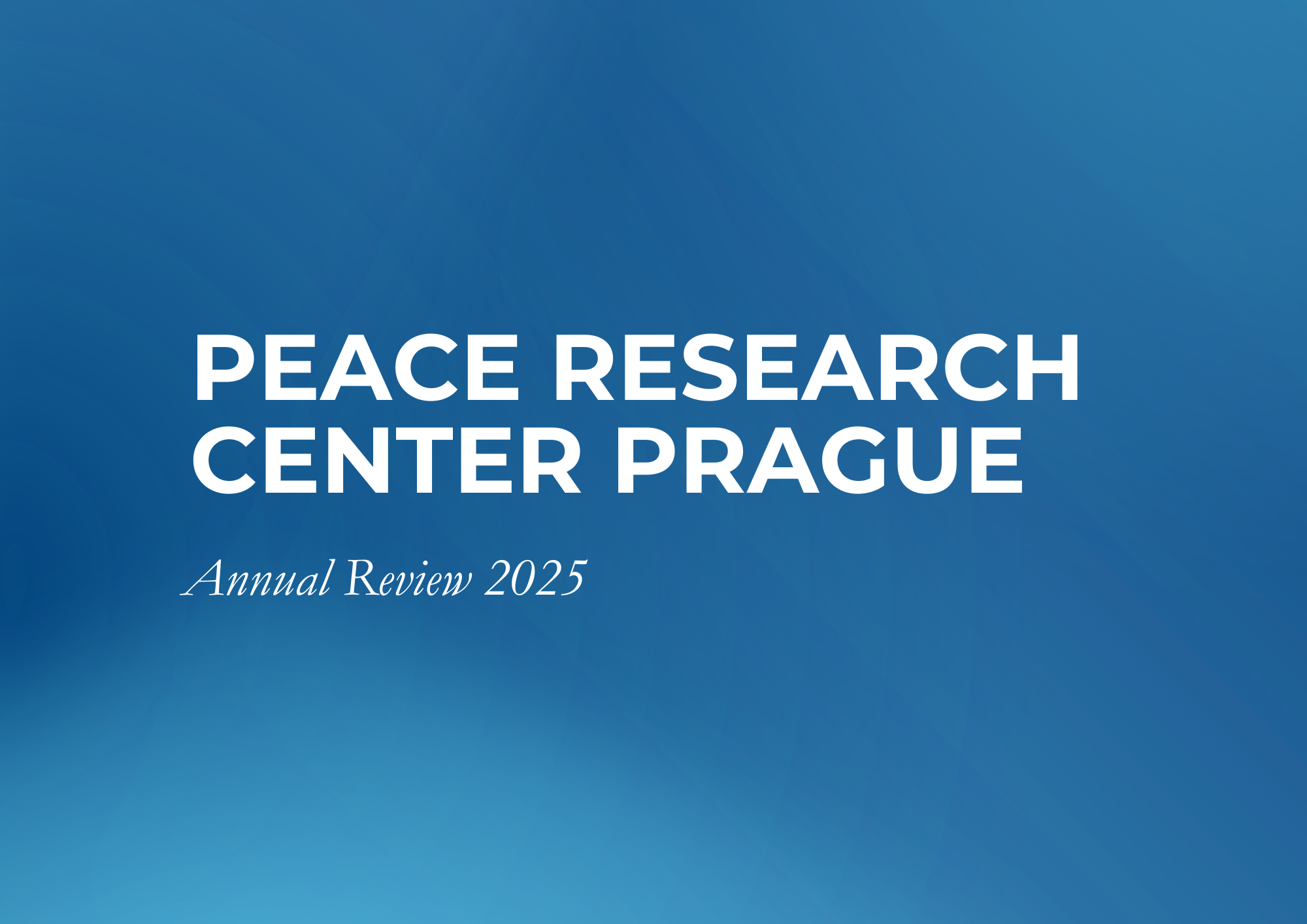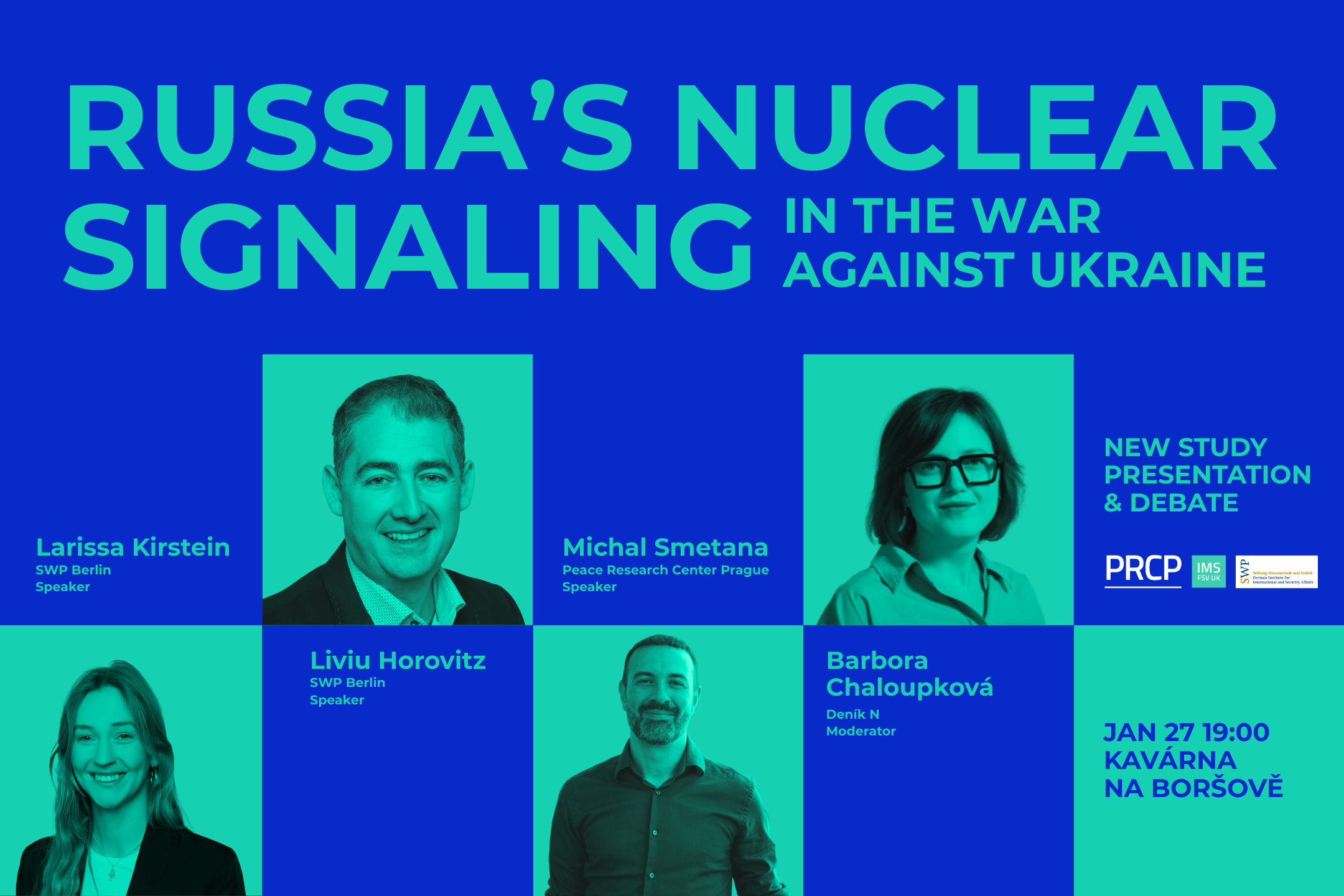cutting-edge research into peace, conflict,
and international security
In our time of rapid change, the risks of major violent conflict are rising. The need to prevent unnecessary human suffering calls for a deeper scholarly understanding of the causes, consequences, and dynamics of violence, and for an elaboration of new measures to foster international cooperation. These are the main goals of our interdisciplinary Center of Excellence, funded by Charles University.
Our Peace Research Center Prague team is comprised of renowned scholars on various topic surrounding international security, such as arms control, nuclear disarmament, non-proliferation or public-elite opinion gaps. We cover the majority of conflict areas around the world, such as Russia and Ukraine, the Middle East or China and Taiwan.
Nuclear deterrence and disarmament do not necessarily need to go against each other. A new paper by Lauren Sukin and colleagues shows many people hold both pro- and anti-nuclear views. Using survey data from 24 countries (N=27,250), the study finds publics value both deterrence and disarmament rather than categorical positions.
Zuzana Lizcová & Rob Geist Pinfold’s article in EJIS explores whether grand strategies and strategic narratives endure or shift after traumatic geopolitical shocks. Comparing Israel’s response to 7 October 2023 with Czechia’s reaction to Russia’s 2022 invasion of Ukraine, it finds that the scale of strategic change reflected the severity of perceived threat and disruption.
At the PRCP, 2025 will likely be remembered as a year that was busy, challenging, but also rewarding in many different ways. Having published more than 25 peer-reviewed articles in prestigious journals alongside many working papers and policy briefs while also providing more than 1300 media interviews and commentaries, we hope to have contributed greatly to both academic and public security discussions. See our Annual Review 2025 here.
Most Russian nuclear messaging during the war in Ukraine has not been about explicit nuclear threats, but about amplifying uncertainty and fear. The PRCP and SWP have recently published a working paper that systematically tracks this dynamic. Come join us on January 27th at 19:00 in Kavárna Na Boršově where we will introduce the study and discuss it with the authors! Register here.
Our Director Michal Smetana has won the Neuron Award for Promising Scientists 2025 in the field of social sciences. The jury praised his innovative approach to combining the fields of international relations, security studies, and political psychology, into which he has introduced experimental methods from natural sciences. We sincerely congratulate him on the success!
Despite water infrastructure being legally protected under international law, states have used it as a weapon in armed conflict. Eliška Pohnerová’s article explores how the United States advocate for the prohibition of water weaponization in three armed conflicts. Results show that water norms are in practice closer to humanitarian crisis prevention than a deterrence mechanism.
